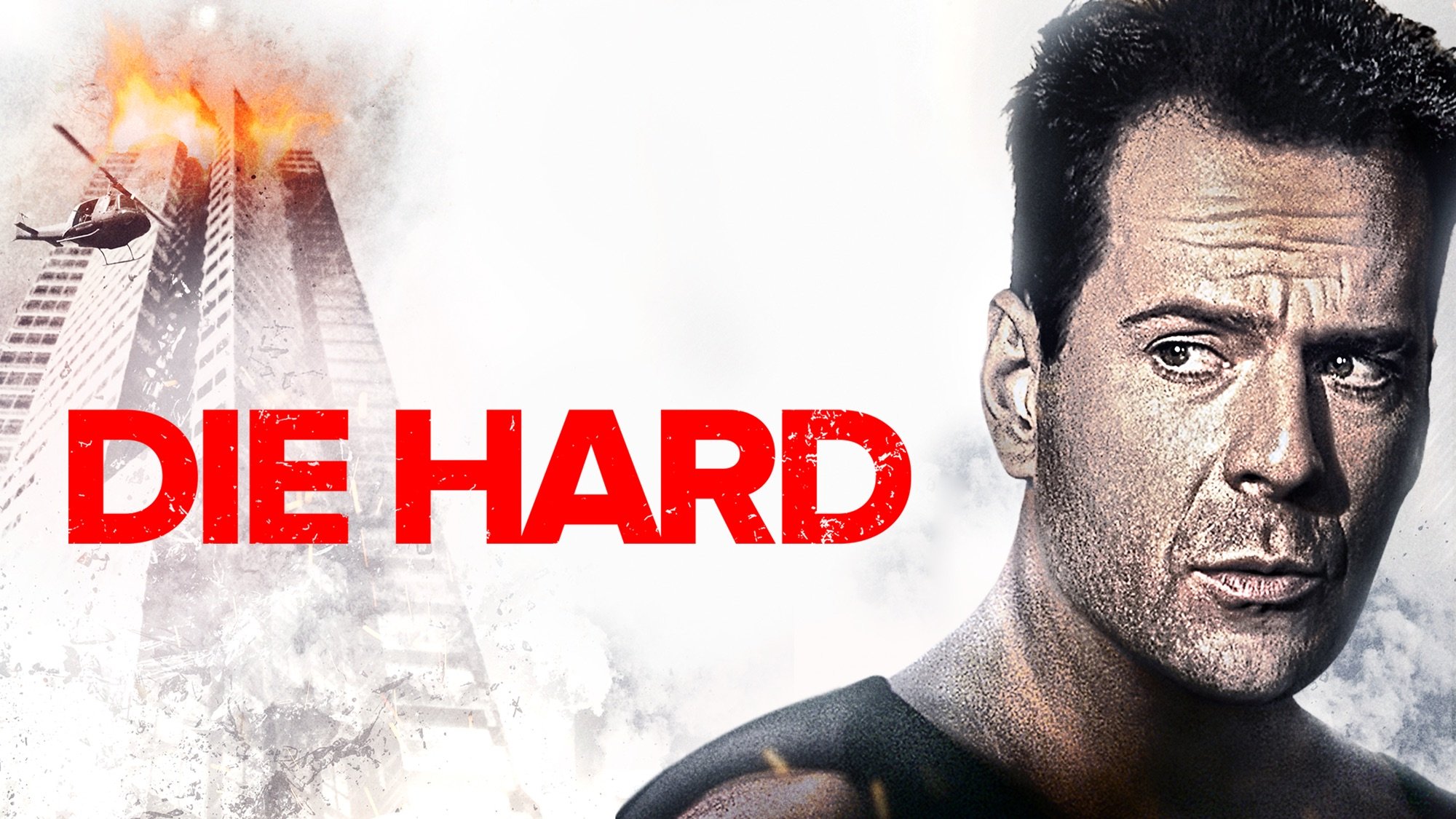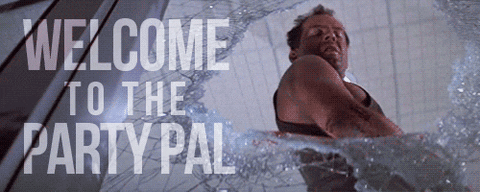Great Films with Negative Impacts: Die Hard
In 1988, Die Hard released in only 21 theaters and still managed to be a cinematic revelation. The story of a New York cop battling terrorists in a Los Angeles skyscraper is a landmark film, helping shape the action genre with its blend of high-stakes tension, relatable protagonist, and innovative set-pieces. Loved for its mix of gritty realism, humor, and larger-than-life action sequences. And praised for its tight pacing, character-driven storytelling, and clever use of a confined setting. All this combined would result in Die Hard spawning all manner of facsimiles to come.
Fill in the Blank
At its core, Die Hard introduced a simple, and easily adaptable premise: an ordinary protagonist, trapped in a confined location, faces off against overwhelming odds. Hollywood, always quick to capitalize on a trend, latched onto this blueprint with gusto. Soon, the formula was everywhere, to the point that “Die Hard on a _____” became an entire subgenre of its own for decades to come.
Die Hard on a bus (Speed, 1994)
Die Hard on a plane (Air Force One, 1997)
Die Hard on a submarine (Under Siege, 1992)
Die Hard on a cruise ship (Speed 2: Cruise Control, 1997)
And even Die Hard in space (Lockout, 2012)
The "ordinary hero in an extraordinary situation" formula was not only easy to replicate, but lucrative. And understandably so; everybody loves an underdog. But many of its copycats failed due to neglecting one or more key ingredient.
A Recipe for Success
While some films innovated within the structure, many simply recycled its tropes, leading to creative stagnation in the action and thriller genres. What made Die Hard special—its character depth, innovative cinematography, and witty script—was often stripped away in the interest of action and spectacle, as studios focused more on just replicating the basic formula—a lone hero, an enclosed space, and escalating action—instead of adding their own spice.
By sticking to that same formula, studios prioritized familiarity over experimentation. This repetitive lack of originality meant moviegoers could predict the beats of a Die Hard knockoff right from the opening credits. The hero would reluctantly step into the fray, gradually take out an army of faceless henchmen, and prevail in the final moments. This predictability drained all the creativity, tension, and excitement from countless films.
Screenwriters began to form an overreliance on one archetype, as the “everyman action hero” epitomized by McClane became a cliché. This trope ignored opportunities to expand on the types of protagonists often seen in action films. While Bruce Willis' portrayal was grounded and relatable, subsequent heroes were often just carbon copies and/or lacked his humor and vulnerability. Filmmakers also started to overemphasis high-concept settings by leaning too heavily into the "Die Hard in a [blank]" selling point. The confined space became the hook, while storytelling depth took a backseat.
After all that, I think it's important to mention that not all Die Hard-style films are shallow imitations. Speed (1994) elevated its “Die Hard on a bus” premise with relentless pacing and strong performances. The Raid: Redemption (2011) nearly reinvented action itself with a brutal, martial-arts-infused take on the confined-action structure. These and many others highlight how the Die Hard formula could succeed when paired with bold direction and a willingness to break conventions.
Still the GOAT
It’s worth noting that Die Hard itself isn’t to blame for the films that followed. Its influence (whether good or bad) is a testament to its craftsmanship, and it deserves its place in the pantheon of great action films. The blame lies with studios that mined its surface elements without digging deeper. They saw McClane’s bare feet and the skyscraper setting as the recipe for success but ignored the heart and intelligence of it all. The problem wasn’t Die Hard’s formula but the industry’s overreliance on it. By failing to take risks and overproducing formulaic films, Hollywood created an abundance of uninspired action movies.


